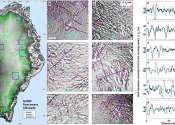Africa is full of bats, but their fossils are scarce—why these rare records matter
Africa is home to more than 20% of the world's bat population. There are more than 200 species to be found on the continent. South Africa is particularly diverse, with 72 bat species.









